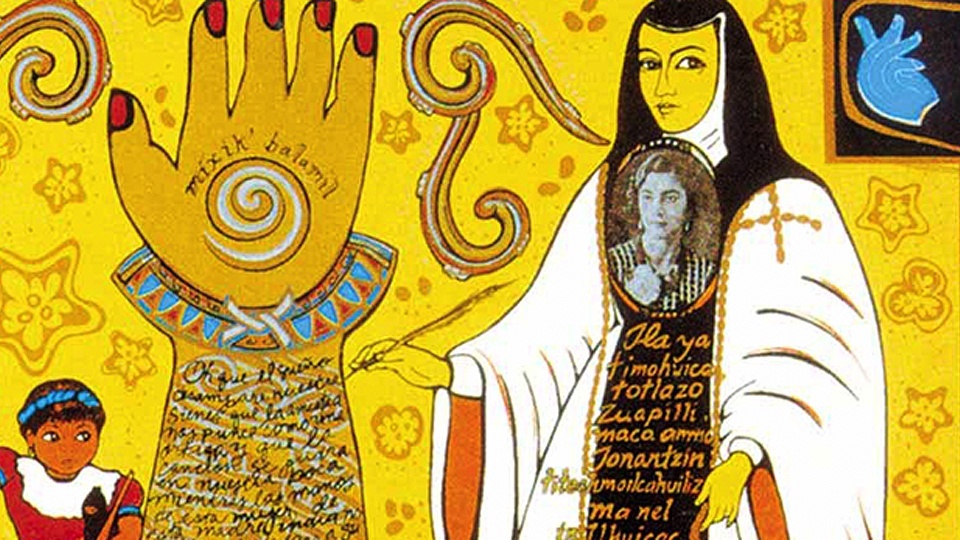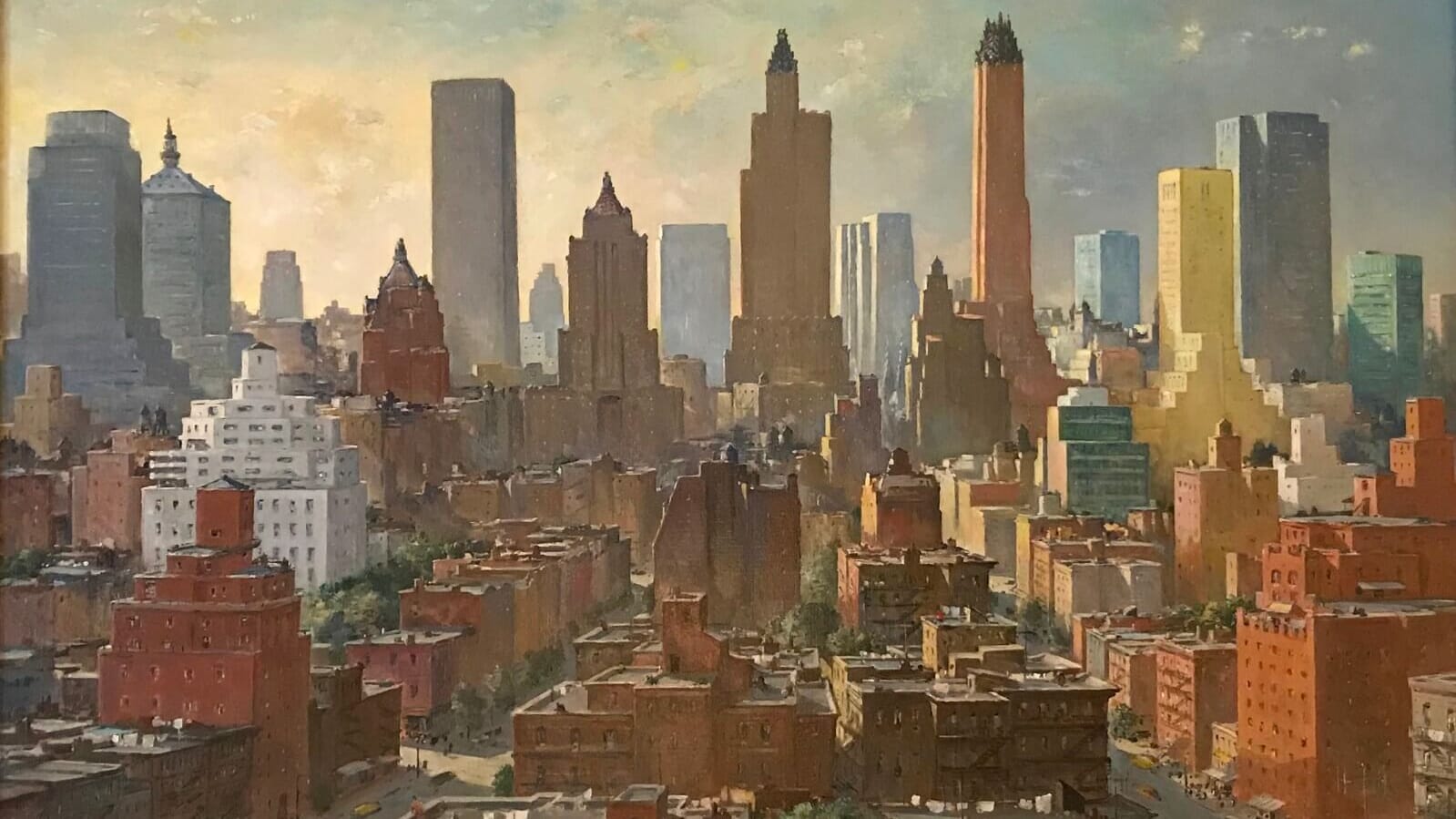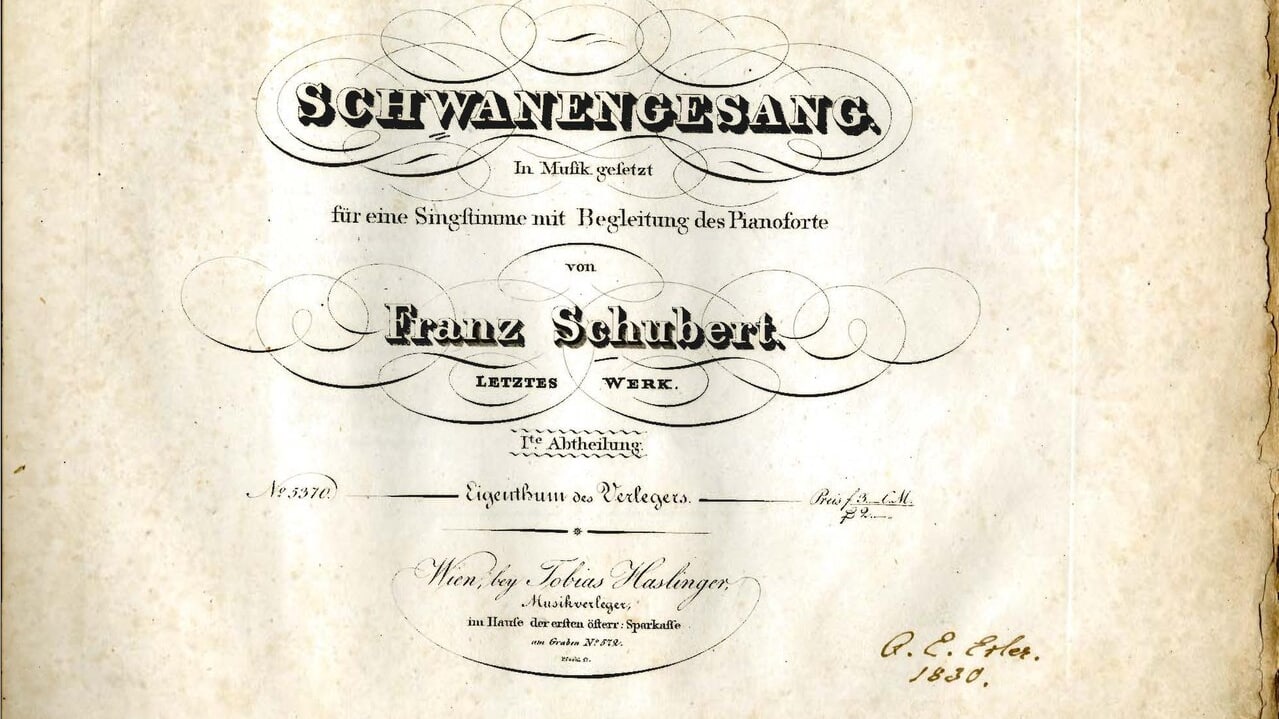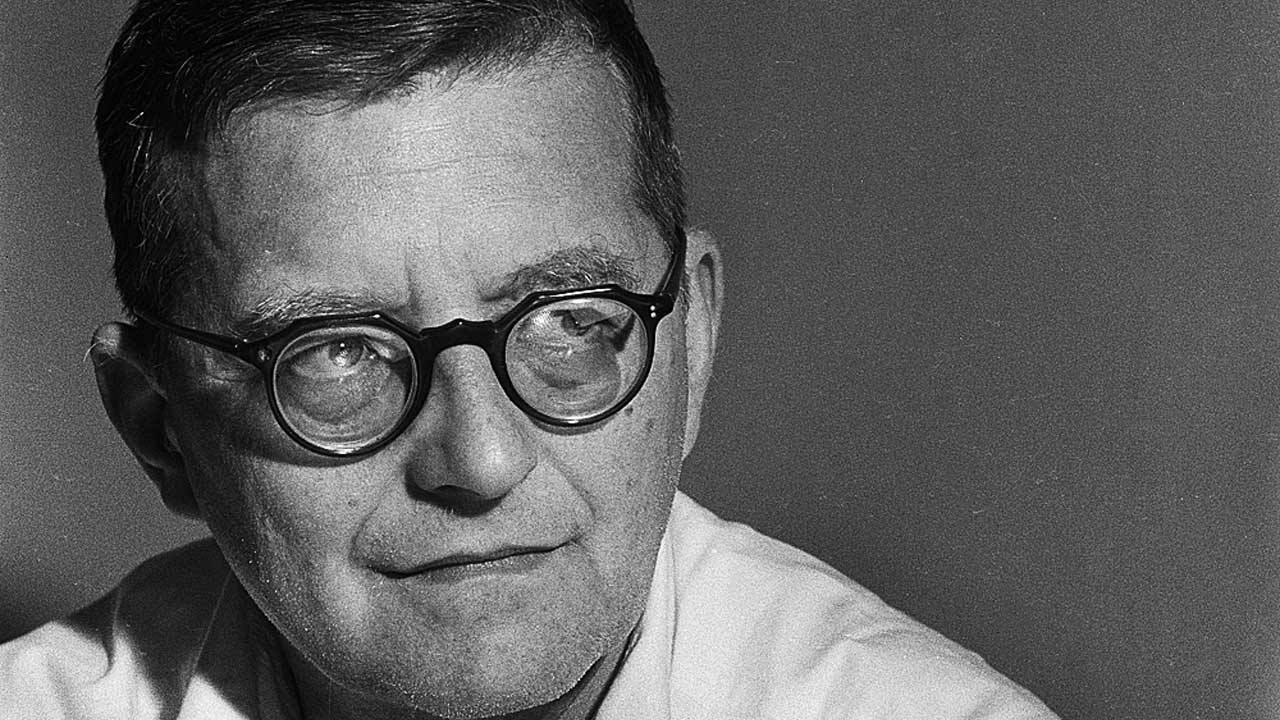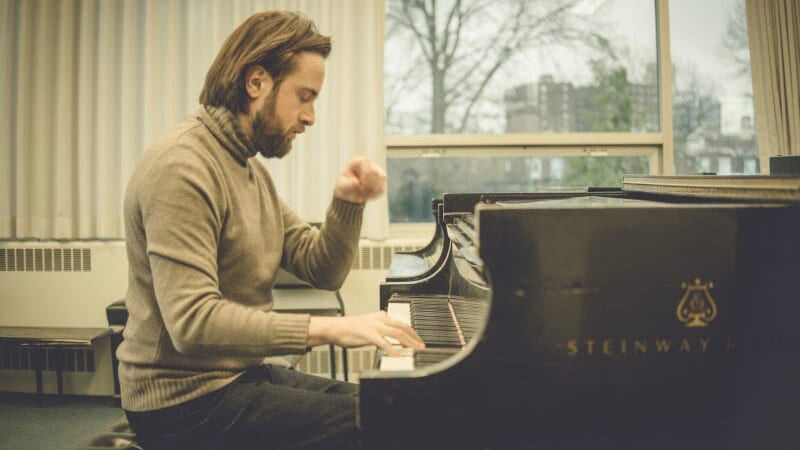John Adams’ “El Niño”: Five Excerpts from the Nativity Oratorio
Composed in 1999, John Adams’ nativity oratorio, El Niño (“the child”), is a meditation on the nature of miracles. Based on the New Testament gospels, which Adams celebrates as “little more than long sequences of miracles,” the narrative structure is similar to that of Handel’s Messiah. Adams writes, Narrative passages alternate with arias and choruses that meditate or reflect on the principal themes. Among those could be mentioned the mystery of the Conception and …

